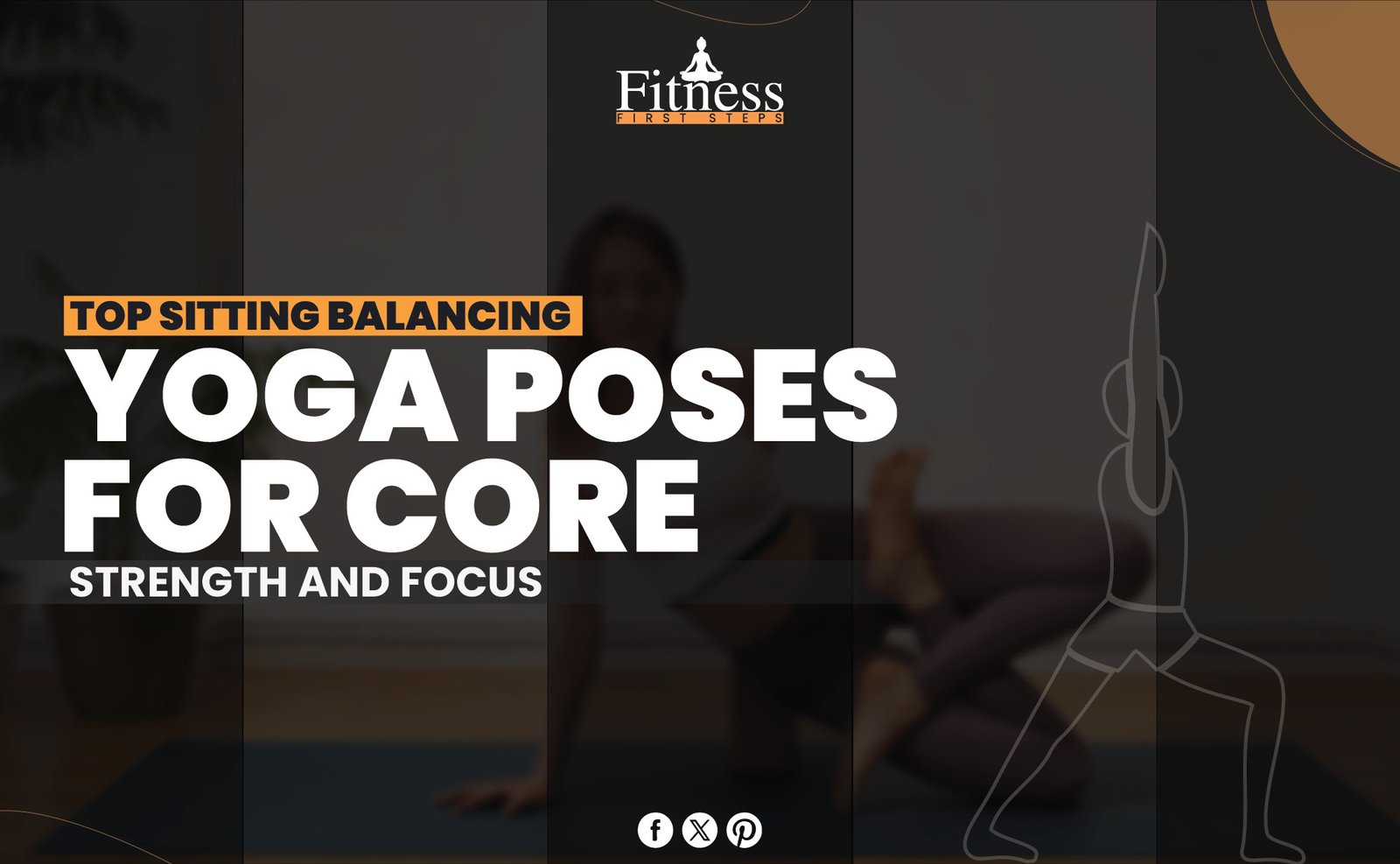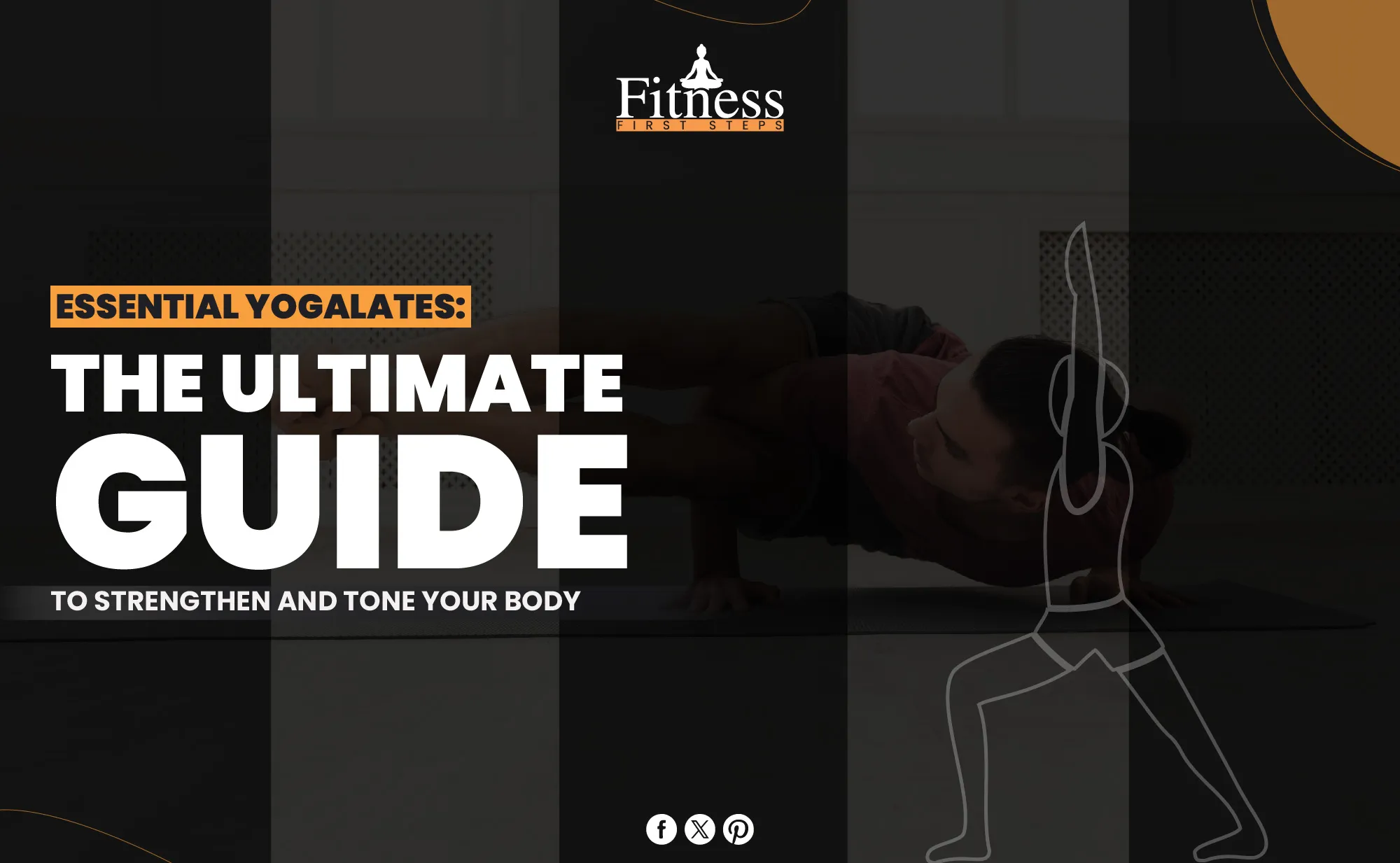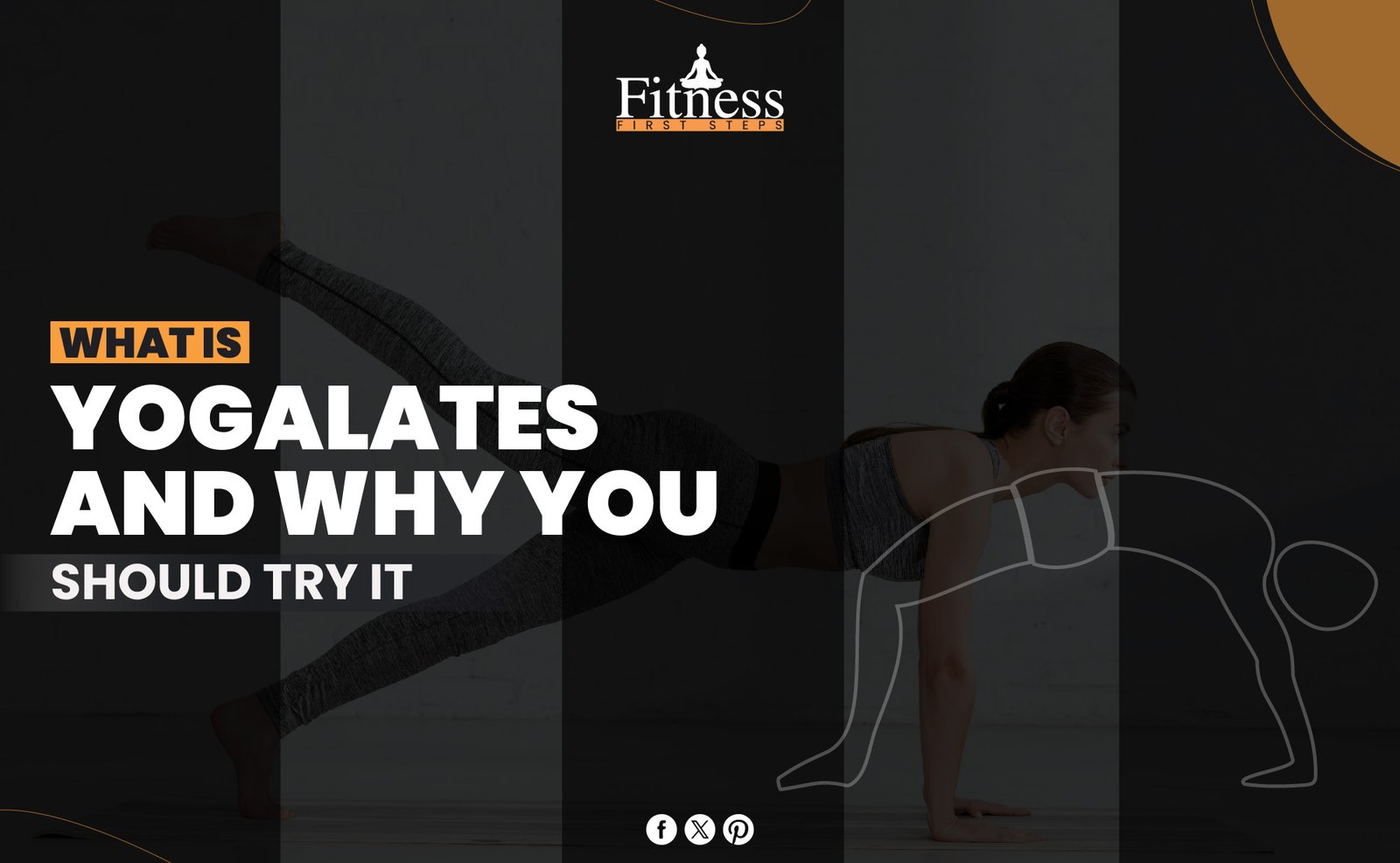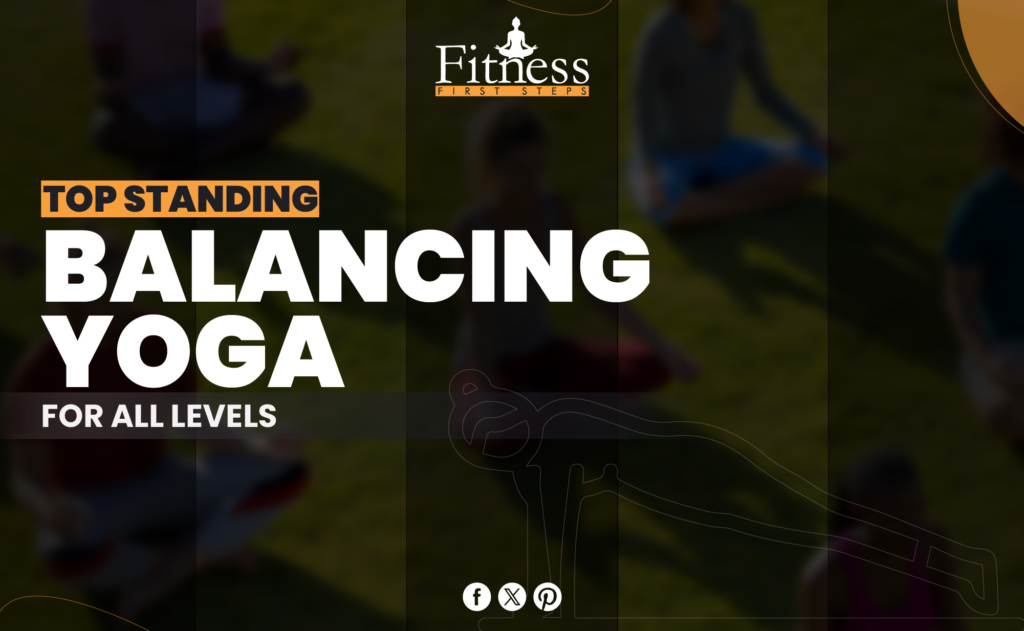Introduction
“Yoga is the journey of the self, through the self, to the self.” – The Bhagavad Gita.
Yoga has spread around the world, and now, millions of people do it every day. A study from Yoga Journal says that more than 36 million Americans do yoga, and the number is increasing. Yoga is a practice that can change your life in profound ways and has benefits that go beyond physical fitness. This blog post will discuss 5 ways yoga can change your life.
Read more about yogic science and its importance.
Enhances Physical Health
Improved Flexibility and Strength
Regular yoga boosts strength, flexibility, and muscle tone. Through its poses and sequences, yoga strengthens and tones individual muscle groups. It also increases joint mobility by stretching and extending muscles. Strength and flexibility training creates a well-rounded body.
Supporting Evidence
Numerous studies have shown that yoga has fitness benefits. According to an International Journal of Yoga study, a 12-week yoga program improved muscle strength and flexibility. A Journal of Strength and Conditioning Research study found that yoga practitioners had better muscular endurance and fitness than non-yoga practitioners.
Personal Insight
To avoid getting hurt and build strength and flexibility slowly, beginners should start with simple exercises. Here are some ideas:
- Cat-Cow Stretch (Marjaryasana-Bitilasana): Moving slowly and smoothly from the Cat to the Cow pose wakes up the spine, making the back and neck more flexible.
- Child’s Pose (Balasana): This pose helps you relax while slowly stretching your hips, thighs, and ankles.
- Downward Dog (Adho Mukha Svanasana): This pose involves stretching the hips, calves, and shoulders while strengthening the arms and legs.
- Warrior II (Virabhadrasana II): This pose opens the chest and hips and strengthens the legs and knees.
- Plank Pose: The core, arms, and shoulders get stronger when you hold a plank.
By regularly doing these exercises as part of their yoga practice, beginners can slowly build their strength and flexibility. They can move on to more challenging poses and routines as they get used to the poses and routines. This keeps their bodies challenged and improves their health.
Reduces Stress and Anxiety
Cultivating a Peaceful Mind
Breath control and attention in yoga reduce tension and anxiety. Deep, controlled breathing (Pranayama) activates the parasympathetic nervous system, relaxing and relieving stress. Yoga and meditation promote mindfulness, which reduces worry about the past and future.
Supporting Evidence
Research shows that yoga lowers cortisol, the body’s primary stress hormone. According to a Journal of Alternative and Complementary Medicine study, daily yoga reduces cortisol levels, stress, and anxiety. Anxiety symptoms and mood improved in another Journal of Psychiatric Practice study on yoga as a supplemental treatment for anxiety disorders.
Personal Insight
Making breathing and meditation a part of your daily routine can help you deal with stress and worry. To start, here are some techniques:
- Deep Breathing (Pranayama): Do deep breathing techniques like the 4-7-8 Breathing Technique or Diaphragmatic Breathing. These movements help your body relax and feel less stressed.
- Mindfulness Meditation: Every day, take a few minutes to focus on your breath and watch your thoughts without judging them. This exercise can help you calm your mind and feel less stressed.
- Guided Meditation: You can use guided meditation apps and websites. These can be especially helpful for people who are just starting and need order and direction.
- Yoga Nidra: This “yogic sleep” practice involves guided relaxation to help you feel deeply relaxed and less stressed.
With these methods as part of your daily life, you can effectively feel calm and eliminate stress and anxiety.
Improves Mental Clarity and Focus
Boosting Cognitive Functions
Yoga benefits the body and psyche. Regular yoga improves concentration, memory, and clarity. Yoga balances mind and body through breath control, meditation, and mindful movement. This interaction improves cognitive functioning, helping practitioners focus and think coherently.
Supporting Evidence
Much research has shown that yoga improves cognition. The Journal of Physical Activity and Health reported that regular yoga improved attention, processing speed, and executive function. A second International Journal of Yoga study found that yoga improves memory retention and cognitive functioning.
Personal Insight
Some yoga poses are perfect for helping you concentrate and think more clearly. Here are some that you can use in your practice:
- Tree Pose (Vrksasana): This pose improves mental stability and focus by requiring balance and concentration. Stand on one leg, rest the other foot on the inner thigh or calf (avoid the knee), and place your hands in prayer posture in front of your chest.
- Eagle Pose (Garudasana): This balancing stance improves concentration by requiring stability while entwining the arms and legs. Start standing on one leg, wrap the other around it, and cross the arms in front of the chest with palms together.
- Warrior III (Virabhadrasana III): This stance improves balance and concentration. Stand on one leg, extend the other straight back, and reach your arms forward to form a straight line from fingertips to heel.
- Seated Forward Bend (Paschimottanasana): A forward bend calms and focuses the mind. Sit with your legs straight before you and gradually pull yourself into the stretch by grasping your feet or shins.
Adding these positions to your yoga exercise will increase mental clarity and attention, improving cognitive skills and mind balance.
Promotes Emotional Well-being
Enhancing Mood and Emotional Resilience
Yoga boosts emotional health, balances emotions, and builds resilience via physical postures, breath control, and meditation. It also promotes inner serenity and calm, which boosts mood and emotional stability. Regular yoga practice helps improve emotional balance and stress management.
Supporting Evidence
Research shows yoga improves emotional well-being. In a Journal of Psychiatric Practice study, yoga practitioners reported mood improvements and reduced depression and anxiety symptoms. Another International Journal of Yoga study found that yoga practitioners were more emotionally stable and resilient. Yoga complements established mental health therapy in this research.
Personal Insight
If you want to use yoga to help you deal with your feelings, you might want to add the following to your routine:
- Breath Control (Pranayama): Alternate Nostril Breathing (Nadi Shodhana) helps calm the nervous system and boost mood. Practice this by sitting comfortably, closing your right nostril with your thumb, and inhaling deeply with your left. Then close your left nostril with your ring finger, open your right, and exhale slowly. Maintain this pattern for several minutes.
- Restorative Yoga: Yoga poses like Legs-Up-the-Wall (Viparita Karani) and Child’s Pose (Balasana) relieve stress and relax the mind and nerve system, bringing inner tranquility.
- Mindfulness Meditation: Practice mindfulness meditation for a few minutes daily. Concentrate on your breath and thoughts without judgment. This technique promotes awareness and emotional equilibrium.
- Journaling: Take a moment to write in a notebook about how you felt and what you did after your yoga class. This can help you work through your emotions and understand how they affect you.
Yoga can boost your mood and emotional resilience if you incorporate these techniques into your daily routine. Yoga’s holistic approach to emotional well-being helps manage stress, balance emotions, and handle life’s obstacles.
Fosters a Sense of Community
Building Connections Through Yoga
Yoga classes and clubs build camaraderie. Yoga studios and group sessions allow people to share their practice, support each other, and make significant connections. Group yoga practice bonds participants, fostering a sense of community. This sense of belonging is essential in today’s fast-paced, disconnected society.
Supporting Evidence
Research shows that yoga group activities and experiences are socially beneficial. A Journal of Health Psychology study indicated that group yoga courses increased social connectedness and community compared to solo practice. Another International Journal of Yoga Therapy study found that group yoga sessions can improve mental health and social ties.
Personal Insight
Consider the following suggestions if you want to join yoga clubs in your area or online:
- Join a Local Yoga Studio: Join group yoga lessons at a nearby studio. Many studios offer starter packages, making it easier to start. Attending classes regularly helps you meet other practitioners and professors.
- Participate in Yoga Workshops and Retreats: Immersive workshops and retreats let you enhance your practice and meet other yoga enthusiasts. Find local events or visit a retreat center.
- Online Yoga Communities: Connect with global yoga practitioners in online communities and forums. Yoga Alliance and Yoga International offer community-building internet sessions, discussion groups, and events.
- Volunteer at Yoga Events: Numerous yoga studios and groups organize fundraisers and community classes. Helping out at these events is a terrific way to meet new people and support yoga.
By joining local and online yoga communities, build enduring relationships and a sense of belonging. Yoga connects people, providing a supportive network that promotes personal and collective growth.
Conclusion
Yoga is an exercise that works on the mind, body, and spirit simultaneously. It can change your life by improving your physical health, lowering your stress and worry, making your mind clear and focused, boosting your emotional health, and creating a sense of community.
Daily yoga can boost muscle tone, flexibility, and strength. Breath control, mindfulness, and cognitive enhancement can reduce stress and anxiety and promote emotional resilience. Yoga also creates a sense of community and allows people to connect and form meaningful relationships.
No matter how long you’ve been doing yoga or how new you are to it, you can always find something new. If you do yoga, you can live a peaceful, healthy, and satisfying life. So, put down your mat, take a deep breath, and start today to feel how yoga can change your life.
